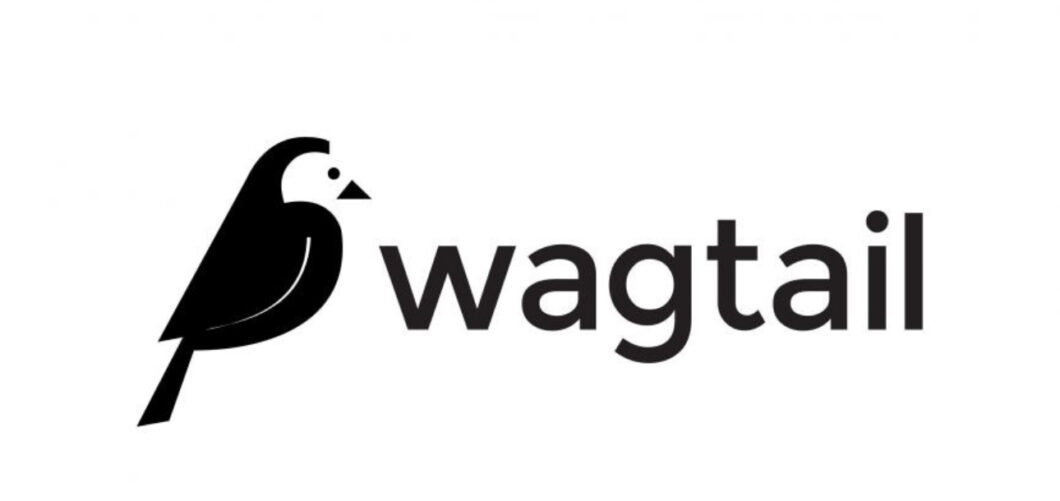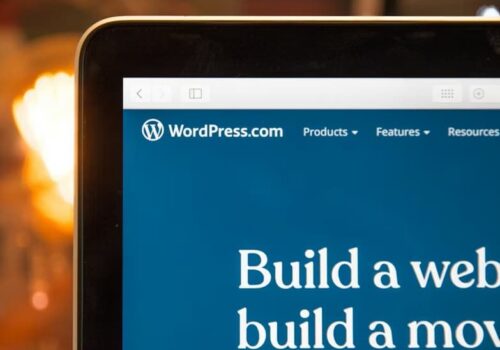Wagtail vs WordPress: In-Depth Feature Analysis
When it comes to selecting a Content Management System (CMS), two names often come up: Wagtail and WordPress. Both are popular choices, but they cater to different needs and preferences. Understanding their key features and differences can help you make an informed decision for your website.
WordPress: The Popular Choice
WordPress is not just a CMS; it’s a phenomenon that has reshaped how we think about and interact with the web. As an open-source platform, it has grown to power an impressive portion of the internet, ranging from hobbyist blogs to complex websites for major corporations.
- User-Friendly Interface: One of the standout features of WordPress is its highly intuitive interface. It’s designed with non-tech users in mind, making website management a breeze. Even beginners can easily navigate through its dashboard to create and manage content, customize designs, and install plugins. The ease of use extends to its page editors, like the Gutenberg block editor, which offers a clean, modular approach to content layout;
- Extensive Plugin Ecosystem: WordPress boasts an unparalleled collection of plugins, both free and premium, allowing users to add almost any conceivable functionality to their site without needing to write a single line of code. From SEO optimization tools like Yoast SEO to e-commerce solutions like WooCommerce, the versatility of WordPress through these plugins is unmatched. This extensibility makes it an attractive option for a wide range of websites, from simple blogs to complex e-commerce platforms;
- Strong Community Support: The global WordPress community is a goldmine of knowledge and resources. With millions of users and developers, finding help or advice is often just a forum post or a tutorial video away. This community-driven approach has led to a vast repository of themes, plugins, and widgets, as well as a continuously evolving core platform. Regular meetups, WordCamps, and online forums foster a sense of community and collaboration that’s hard to find elsewhere;
- SEO Friendly: WordPress is engineered to be SEO-friendly out of the box. Websites built with WordPress are often easier to crawl for search engines, which can help with better rankings. Additionally, the plethora of SEO plugins available can further optimize your site for search engines, making it a great platform for those aiming to increase their online visibility;
- Flexibility and Scalability: Despite its reputation for simplicity, WordPress is incredibly flexible and can scale from small personal blogs to large business websites with thousands of pages. Its multi-user capability and robust media management system make it suitable for sites that require regular content updates by multiple contributors;
- Customizable Themes: With thousands of themes available, WordPress allows users to change the look and feel of their site with just a few clicks. These themes range from basic layouts to sophisticated designs, many of which are customizable without needing to touch any code. This makes it possible for anyone to have a professional-looking website without the need for a web designer.
WordPress stands out for its user-friendliness, extensive customization options, and strong community support. It’s a versatile platform that caters to a wide range of needs, from individuals creating their first blog to businesses building a complex online presence. With WordPress, the possibilities are virtually limitless, making it a top choice for anyone looking to create a website.
Wagtail: The Flexible Django CMS
Wagtail stands out as a CMS for its robust and flexible nature, built on the powerful Django web framework. This Python-based system offers a distinctive approach to content management, focusing on developer control and customizability.
- Highly Customizable: Wagtail’s architecture is designed for those who need a tailor-made website. Unlike platforms that provide ready-to-use templates, Wagtail serves as a foundation upon which developers can construct highly specific and unique web experiences. This customization extends to the back end, where Wagtail allows for intricate data models and user interface adaptations, providing a personalized content management environment that meets specific project requirements;
- Scalability: Wagtail is especially well-suited for large-scale projects. It can efficiently manage high volumes of traffic and complex data structures, making it ideal for enterprise-level websites and applications. This scalability ensures that as your site grows in popularity or complexity, Wagtail can adapt without compromising performance or stability;
- Developer-Friendly: Being built on Django, Wagtail naturally appeals to developers who prefer a code-centric approach. This framework offers extensive documentation and adheres to the principles of Python’s explicit and readable coding style. For developers, this means a more streamlined and enjoyable coding experience, with the benefit of Django’s security and performance features;
- StreamField & Blocks: A unique feature of Wagtail is StreamField, which allows developers to define custom content blocks. This modular system enables the creation of rich, dynamic content layouts that are both flexible and user-friendly. Unlike the rigid template structures in some CMS platforms, StreamField empowers editors to craft varied and engaging page content with ease;
- Integration-Friendly: Wagtail plays well with other technologies. Its API capabilities make it easy to integrate with third-party services and applications, from e-commerce systems to advanced search tools like Elasticsearch. This makes it an excellent choice for complex digital ecosystems that require seamless integration between different technology stacks;
- Community & Support: While Wagtail’s community may be smaller than WordPress’, it’s no less vibrant. The Wagtail community is known for its active development, with regular updates and a growing library of extensions. Moreover, being part of the Django community, Wagtail users benefit from the extensive knowledge base and resources available for Django developers.
Wagtail offers a high degree of flexibility and scalability, appealing to developers who desire a powerful, customizable, and developer-friendly CMS. Its capabilities make it particularly suitable for complex, data-driven websites where bespoke development is required.

Conclusion
Choosing between Wagtail and WordPress should be a decision grounded in your specific project needs, technical resources, and long-term goals. Each platform has its unique strengths, and the right choice largely depends on what you hope to achieve with your website.
- Consider Your Technical Expertise: WordPress is ideal for those who prefer a straightforward, user-friendly experience. Its intuitive interface and plethora of ready-to-use themes and plugins make it a great choice for individuals or businesses without much technical expertise or those who wish to quickly deploy a website;
- Assess Your Customization Needs: On the other hand, if your project demands a high level of customization or you have specific requirements that cannot be met with standard plugins or themes, Wagtail is your go-to CMS. It requires more technical know-how, but the payoff is a website precisely tailored to your needs;
- Think About Scalability and Performance: For larger, more complex websites, especially those that handle a lot of content or high traffic, Wagtail’s scalable architecture makes it a strong contender. Its ability to manage complex data and workflows efficiently can be a crucial factor for businesses planning to scale up;
- Evaluate the Availability of Development Resources: Having access to developers skilled in Python and Django is critical if you’re considering Wagtail. In contrast, WordPress’s widespread popularity means it’s easier to find resources and professionals experienced with the platform;
- Long-term Maintenance and Support: Consider the long-term maintenance of your site. WordPress’s extensive community means a wealth of ongoing support and updates. With Wagtail, while the community is smaller, it’s robust and dedicated, with an emphasis on quality and professional support.
Ultimately, the best CMS is not about choosing the most popular or the most sophisticated one; it’s about selecting a platform that aligns with your specific requirements, skill set, and future aspirations. Whether it’s WordPress’s user-friendliness and extensive plugin ecosystem or Wagtail’s flexibility and developer-centric design, your choice should empower you to build and maintain a successful online presence.





